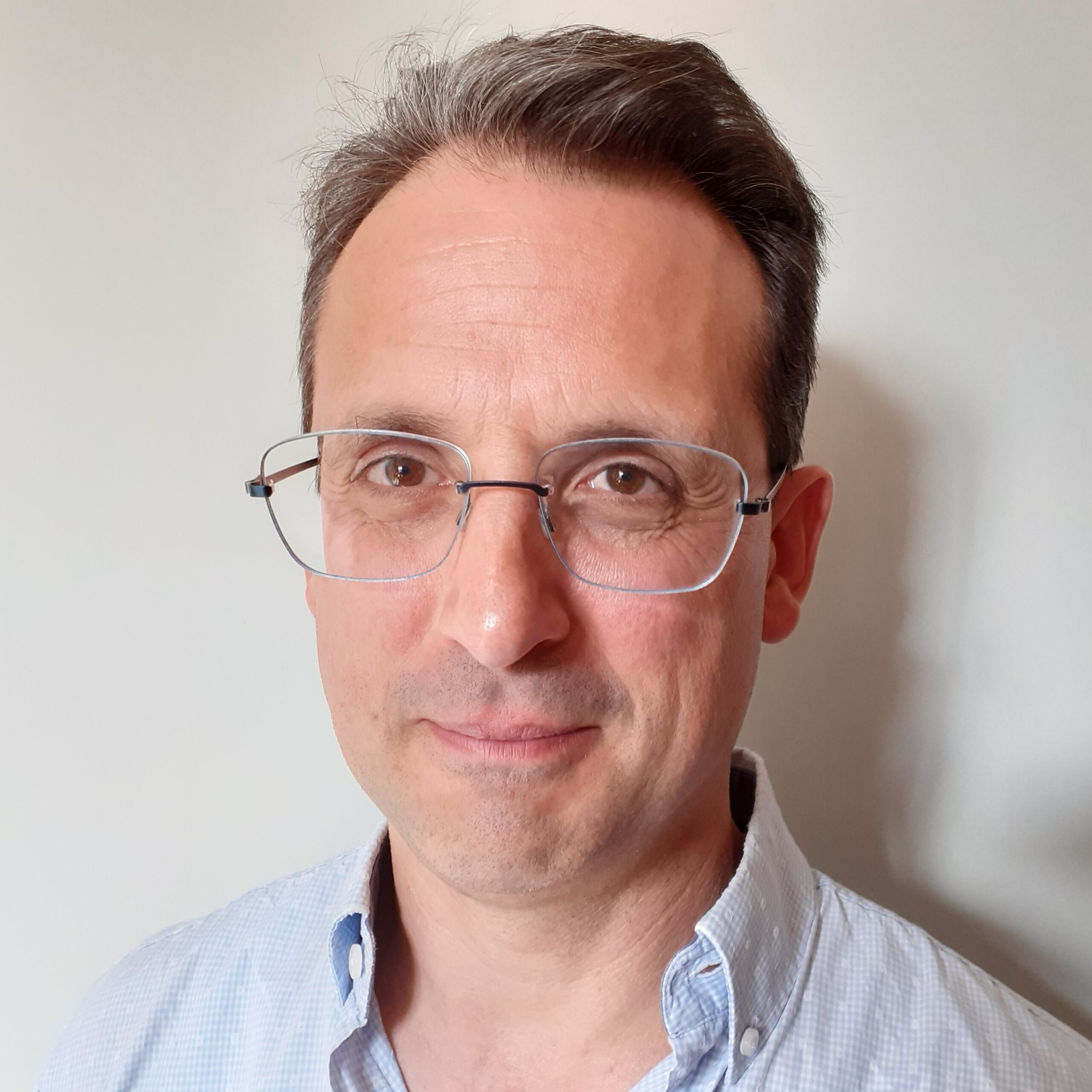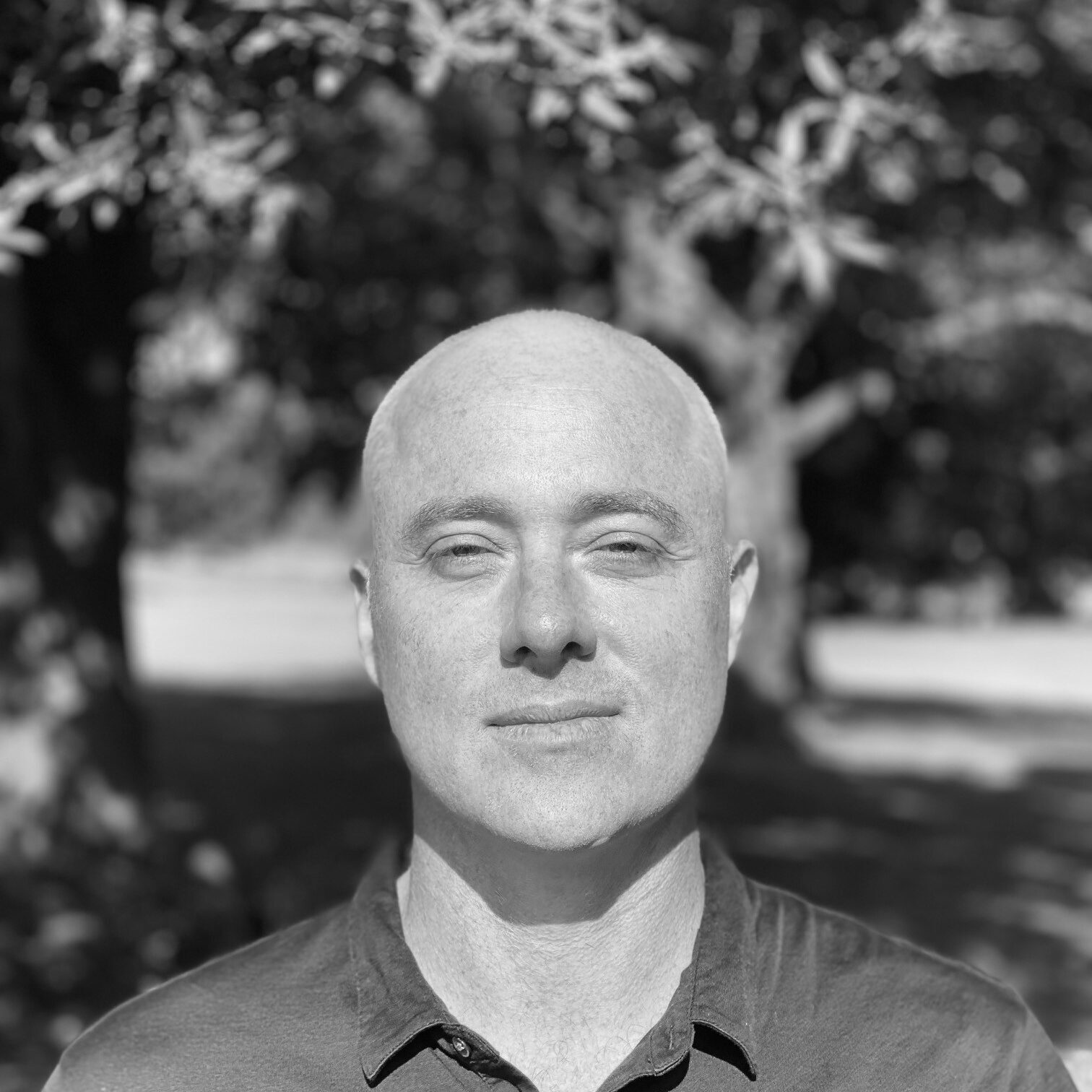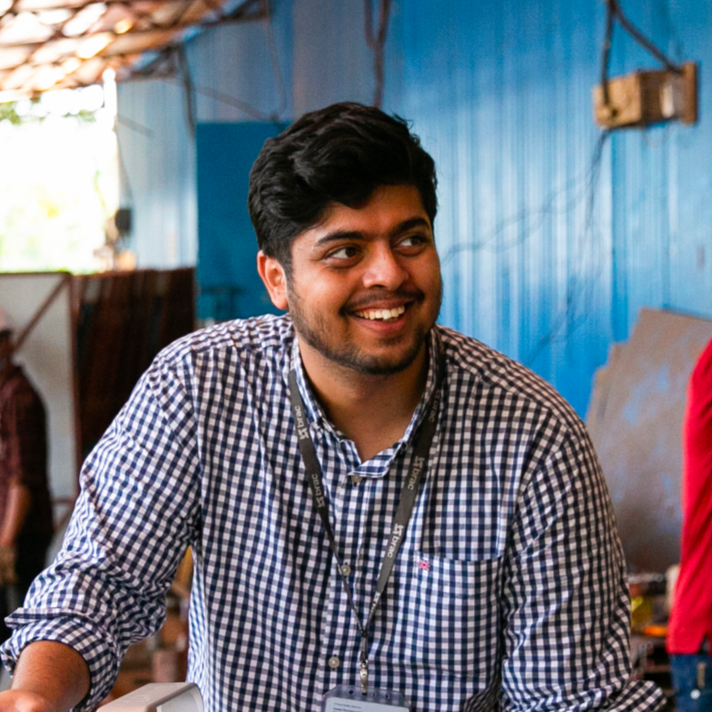New Technologies Research Academy
17 May (Wednesday) - 19 May (Friday)
AS8 04-04 Seminar Room, Faculty of Arts and Social Sciences,
National University of Singapore at 10 Kent Ridge Cres, Singapore 119260
How are different cultures and social groups using or appropriating new technologies in distinct ways? How do new technologies and technological objects impact upon questions of subjectivity and embodiment, and on the idea of the human and the post-human? How are data and computational methods transforming the way we do research in the social sciences and the humanities? To explore these and other questions, the Faculty of Arts and Social Sciences (FASS) at the National University of Singapore (NUS) warmly invites researchers interested in the histories, politics, philosophies, and applications of emerging technologies to participate in the New Technologies Research Academy, which will be held at NUS from 17-19 May 2023. This is an in-person, 3-day event offering talks and masterclass workshops on three themes:
1. Practical application of digital technologies for creating avenues for dignity and identity (such as the usage of blockchain in the humanitarian sector)
2. Computer-assisted technologies for research in the humanities (in areas such as AI-assisted translation and computer vision)
3. Autonomous agents and surveillance (including UAVs)
Time Left Till Start Of Conference:
Participate
The event is open to all. Please register and indicate the sessions you would like to attend.
SCHEDULE
Day 1, 17 May
09:00-09:15 Welcome remarks by Elaine Ho
09:15-10:15 Keynote by Bart Defrancq
10:15-10:30 Break
10:30-12:30 Workshop by Bart Defrancq
12:30-13:30 Lunch
13:30-14:30 Keynote by Lauren Tilton
14:30-14:45 Break
14:45-16:45 Workshop by Lauren Tilton
Day 2, 18 May
09:15-10:15 Keynote by Adam Fish
10:15-10:30 Break
10:30-12:30 Workshop by Adam Fish
12:30-13:30 Lunch
13:30-14:30 Keynote by Kuldeep Bandhu Aryal
14:30-14:45 Break
14:45-16:45 Workshop by Hum Qing Ze
Day 3, 19 May
09:00-10:30 Position papers
10:30-11:00 Break
11:00-12:30 Position papers
12:30-13:00 Closing remarks
13:00 Lunch
FAQ
Registration and participation is free.
Have a question or feedback? Feel free to contact us at fassresearchevents@nus.edu.sg
Conference Committee
This event is organised by Beryl Pong (English, Linguistics & Theatre Studies), Bei Hu (Chinese Studies), Kokil Jaidka (Communications and New Media), Elliott Prasse-Freeman (Sociology & Anthropology) and Miguel Escobar Varela (English, Linguistics & Theatre Studies).
The New Technologies Research Academy follows from a successful sandpit event on ‘Culture and New Technology’ in August 2022, where objects of inquiry included hardware like computers and communications devices; visual, digital, and social media; digital security, cryptocurrency, and blockchains; wearable technology and sensor technology; as well as research methods like eye tracking, data mining, network analysis, and natural language processing.



![tilton_portrait[46] tilton_portrait[46]](https://fass.nus.edu.sg/new-technologies-research-academy/wp-content/uploads/sites/49/bb-plugin/cache/tilton_portrait46-scaled-circle-0919e89d24ba29ccfd7c95c922a3bca0-642e421e7b639.jpg)

